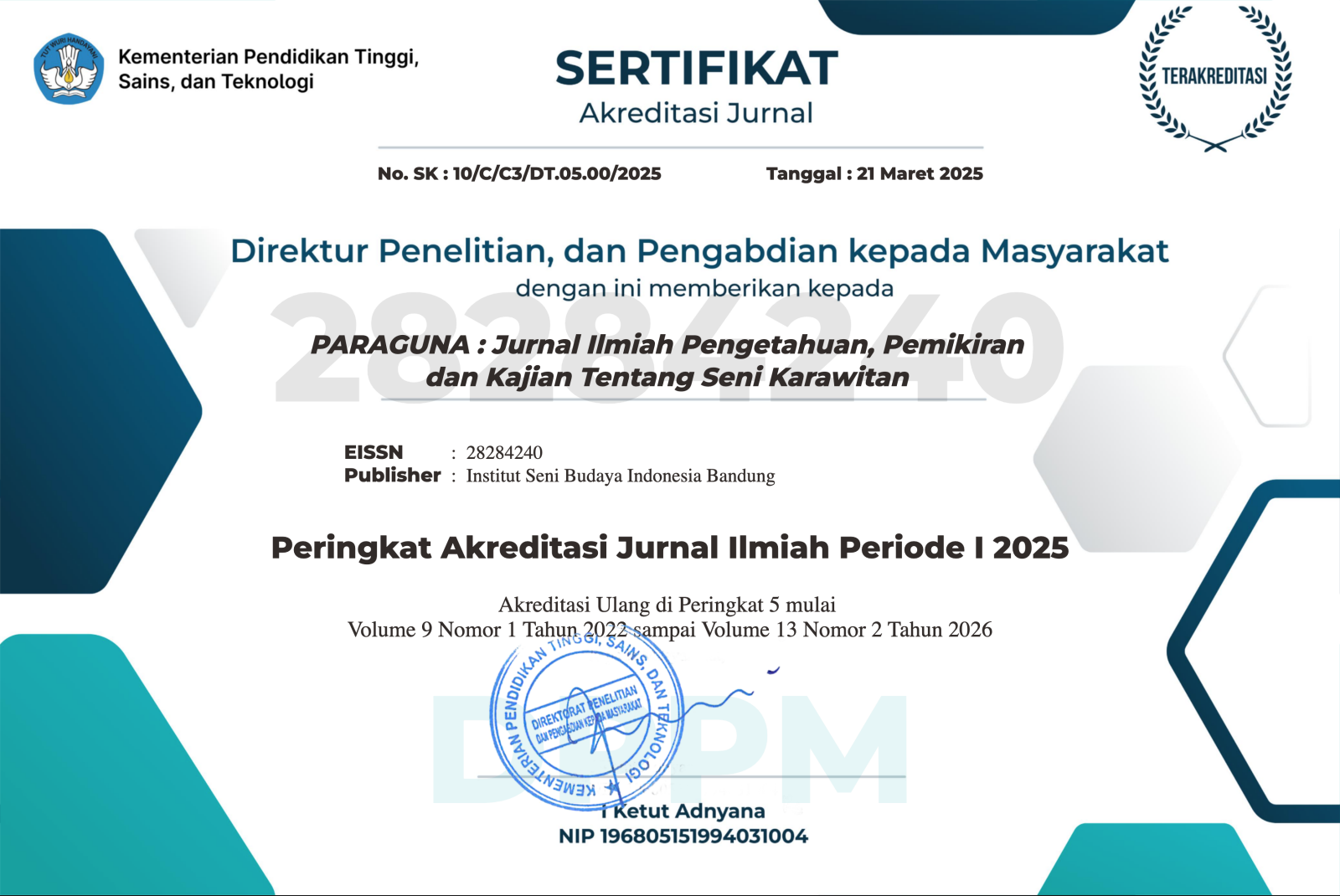PENGERTIAN, HUBUNGAN, DAN IMPLEMENTASI SOFT SKILLS, PEMBELAJARAN AFEKTIF, DAN PENDIDIKAN KARAKTER DALAM PROSES BELAJAR MENGAJAR
DOI:
https://doi.org/10.26742/jp.v4i1.1870Keywords:
affective learning, character education, soft skills, teaching and learningAbstract
This paper is the result of the author who has participated in various trainings organized by the Director General of Higher Education, Ministry of National Education. Based on that, it can be stated that both soft skills, effective learning, and character education, the three are not in the realm related to technical skills, professional scientific fields, or things that are motoric in nature. All three are in the area ofpersonality competence. All three are more closely related to EQ., SQ., Heart, to live together and to be than with IQ, hand, head, to do, or to know. Thus the meaning of sofs skills, character education is not much diferent from affective abilities. However, of course there are diferences, such as the sofs skill gives a broader picture ofpersonality, while character education provides a more specific and specific personality picture than affective competence. This can be seen clearly from the many and broad scope of the attributes of soft skills, as well as the specific and specific character education goals that emphasize the basic values of character, namely honesty, smart, tough, and caring. Efforts to carry out character education in the ISBI Bandung environment will be confronted with the main problem, namely the ability to make changes in the level of thought patterns and patterns of action. The mindset of entering into the realm, namely the implementation of activities carried out in the ISBI Bandung environment must be able to incorporate elements of the basic values of character into each activity carried out. The pattern of action can be in the form of building synergy between lecturers and students. The synergy between lecturers and students is an intellectual capital to realize success..
References
Illah Sailah. 2011. Pendidikan Karakter di Perguruan Tinggi: Modul Direktorat Akademik Dirjen Dikti Depdiknas.
Krathwohl, D.R.Bloom dan Marsia.
Taxconomy of Educational
Objectives, New York: Longman.
Subdit kurikulum dan Prodi. 2008.
Pengembangan Soft Skills dalam Proses Pembelajaran di Pergu• ruan Tinggi: Modul Direktorat Akademik Dirjen Dikti Depdiknas
Suciati. 2001. Taksonomi Tujuan Instruksional, Mengajar di Perguruan Tinggi, PAU untuk P3AI Dirjen Dikti.
Suciati dan Prasetya lrawan. 2001.
Teori Belajar dan Motivasi, Proyek Pengembangan Universi• tas Terbuka, Dirjen Dikti Depdiknas.
Tim Pengembang Kurkulum. 2011.
Altematif Penyusunan Kuriku• lum, pembelajaran dengan pendekatan SCL, Model-model Pembelajaran SCL, Rencana Pembelajaran SCL, dan Format Penyusunan SCL, Dirbinsarak Dirjen Dikti Kemendiknas.
Toeti Sukamto dan Udin Saripudin Winataputra. 1997. Teori Belajar dan Model-Model Pembelajaran, P2T. Universitas Terbuka Dirjen Dikti Depdikbud
Downloads
Published
How to Cite
Issue
Section
Citation Check
License
- Authors retain copyright and grant the journal right of first publication with the work simultaneously licensed under a Creative Commons Attribution License that allows others to share the work with an acknowledgement of the work's authorship and initial publication in this journal. Authors are able to enter into separate, additional contractual arrangements for the non-exclusive distribution of the journal's published version of the work (e.g., post it to an institutional repository or publish it in a book), with an acknowledgement of its initial publication in this journal. Authors are permitted and encouraged to post their work online (e.g., in institutional repositories or on their website) prior to and during the submission process, as it can lead to productive exchanges, as well as earlier and greater citation of published work.










